Amy Chally
|
I shared my story with the Illinois Association of Community Action Agencies this year for International Day of Acceptance in my first webinar. As I share the video from this, remember that this presentation is my perspective on diversity and inclusion as someone with a disability. It is not exhaustive, nor is it universal. It is my experience, and it also includes some research. Also, remember that Jesus demonstrated and taught that we should treat all people with respect—those of a different race, those with disabilities, those who are poor, young or old, male or female. God sometimes makes a choice of those as his messengers, who have the least of the advantages of art or nature, that his grace in them may appear the more glorious.—Matthew Henry Commentary on Exodus 4:10–17 (Roper, David. Teach Us to Number Our Days . Discovery House Publishers. Kindle Edition). We must never consider others as being beneath us in any way. Paul says we need to live in harmony with others and not be too proud to enjoy the company of ordinary people. I want to be more like Paul, who said of his weakness, “I will boast all the more gladly about my weaknesses, so that Christ’s power may rest on me. That is why, for Christ’s sake, I delight in weaknesses . For when I am weak, then I am strong.” because His power is made perfect in MY weakness.
0 Comments
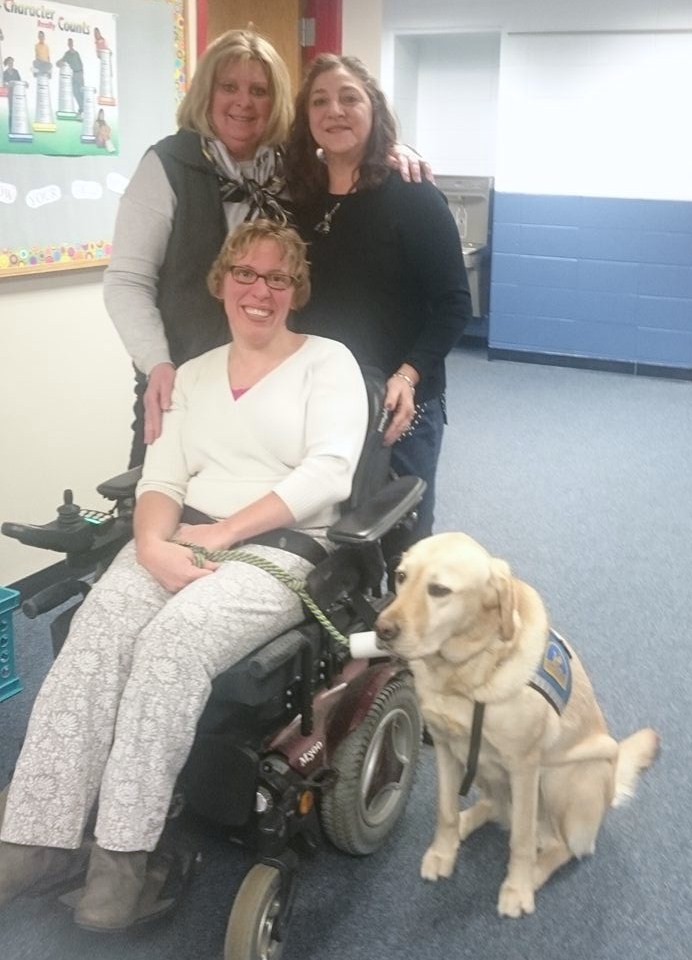 Mom, Marianne, Me and Portland. Marianne was one of the people who got me out of Joliet. Mom, Marianne, Me and Portland. Marianne was one of the people who got me out of Joliet. A nice memory popped up on my Facebook feed when I logged in this morning: "Excited to start a new venture, which I hope will lead to a second career in Motivational Speaking. Wednesday night, I will be sharing my story with parents and students. I'll speak about how I have chosen to defy disability and delight in diversity. I will discuss the importance of self-acceptance, perseverance, independence, and advocacy...Teachers, social workers, parents, organizations, etc., if you are interested in having me speak at your events, PM me your contact information, and I'll be in touch." What a year it has been! I wonder if I'll ever be able to charge the $1,000.00 fee the internet suggests for Motivational Speaking. Since I started, I have done seven speaking engagements, five for free. Although I'd like to get paid, getting my message of acceptance, understanding differences, and positivity to those who could benefit from hearing my life's story is essential. Most recently, I spoke to two fourth-grade classes at a local school. They're currently reading Sharon Draper's Out Of My Mind. The (fictional) main character Melody's 11 years old, and she has Spastic Quadriplegia Cerebral Palsy. She uses a wheelchair and cannot walk, talk, or feed herself, but Melody is very bright and has the gift of a photographic memory. Sadly, no one but those closest to her knows what she can do. To the other people in her life, she is the girl in the pink wheelchair who can't do anything for herself. Doctors told her mom that she won't potty train, can't learn, and should be institutionalized. Thankfully, her mom doesn't listen, and she enrolls her in school. As a result, Melody's peers pick on her, calling her a "liar" and an "idiot." Melody also must deal with teachers who assume she's incapable of learning. Through it all, Melody perseveres and eventually receives the gift of speech, but will the people in her life be ready to listen to what she has to say? Melody's story is a "must-read" for anyone, and so is mine. I, too, have Spastic Quadriplegia Cerebral Palsy, and I use a power chair and a service dog for mobility and independence in my everyday life. Although I can walk, talk, and feed myself, I can relate to Melody. Doctors also told my mom that I would never potty-train, and when I was five years old, school administrators told my parents that my school was "not equipped to handle a child like me." As a result, I rode the bus an hour away to a "special" school in Joliet. I didn't think I'd ever get out of there. When I did, some administrator’s teachers and peers tried to make my life miserable. Administrators wanted to make me stand out from my peers even more than I already did. Some teachers couldn't understand that I needed accommodations to be successful in school, and some peers bullied me. They were repeatedly mean and excluded me from activities that most kids my age would've loved to be a part of, like going to the movies or trips to Great America. Some even accused me of not doing my homework/classwork, especially if I got better grades than they did. I wondered if I would ever be accepted by them. Would the people around me ever see beyond my wheelchair and my limitations? If you want to know the answer to these questions, read my book or have me come and speak to your school, your community group or service organization, your church, or even your place of employment. I guarantee you won't be disappointed! Yesterday, I spoke to students and staff at Yorkville High School as part of the International Day of Acceptance. All my life I've had to work hard to show people what I am capable of, that I'm more than my limitations, but sometimes I still feel like that's all society sees. True acceptance is something that I want to see in this world and it's something that's needed. When I talked to the students about acceptance I shared some of what I share in my book on the topic:
Self-Acceptance "If you have ever felt different like you do not fit in or belong, you are not alone. I, too, have felt this way, and sometimes I still do. However, if you’re dealing with feeling different, you need to know that being different is what makes you unique. Don’t worry about trying to fit in or be normal. You are perfect just the way you are. As Maya Angelou said, “If you are always trying to be normal, you will never know how amazing you can be” (Angelou 2015). Realize that no one is normal. Everyone has challenges or differences that should be embraced, not seen as a mistake or something that needs to change. I believe we are all exactly who we’re meant to be. There are no mistakes. I shared how I try to never let fear or a perceived lack of inability keep me from trying something new, like cheerleading, waterskiing or writing my book. I talked about how I wouldn't change anything about my life except maybe my inability to drive. I also showed them how my service dog helps me be more independent. Acceptance from Others When I talked about acceptance from others, I shared how having meaningful friendships was difficult and how at times I didn’t want to go to school. I shared how it seemed like sometimes peers were too concerned with what others might think. But in college that all changed, especially when my service dog (Yazzen) came into my life. I hope I made an impact yesterday, and I hope the students learned that people who are dealing with differences are not much different from them. I hope that when they see others who are different from them, they won't be mean, they won't ignore them or exclude them. Instead, I hope they'll say hi to them, include them in activities, talk to them, and get to know them. I hope that they won't be afraid to ask questions, even if their questions are about what makes the person different. Being friends with someone who's different, could be the best thing they do, not only for them but for the person they're befriending too. Excerpts from my book "Making Independence Happen, © Amy Chally, 2016 This morning I spoke to the students of Covenant Christian School. I shared a little about me in a modified game of "Cross the Line." But mostly, I share and show how God has used both of my Canine Companions for Independence Service Dogs to bless my life. My book delves deeper into how with courage, faith, the love of my family, and the help of Yazzen, my first service dog, I overcome obstacles I face. As you watch part I of my presentation, you'll see that I haven't let my difference stop me from living a life without limits and as you'll see in part II, my Successor Service Dog Portland's a BIG reason for that! This afternoon I had the pleasure of sharing my story with members of the Fox Valley Therapy Dog Club and give them some food for thought regarding interacting with and understanding persons with disabilities. For some, it may be difficult to know what to say or even do when they encounter someone with a disability. As I learned earlier this week, those of us within the disabled community may have different viewpoints about words (i.e. handicapped, crippled,etc.) some able-bodied individuals use when talking about persons with disabilities. If you hire me to speak on the topic of disability etiquette and education, you'll see that I approach this topic with humor and honesty. For me, this topic is more about the "golden rule" and less about political correctness.
Today, I spoke to a small diversity group consisting of students with disabilities and their parents about how I have chosen to defy disability and delight in diversity.. I talked about the importance of self-acceptance, perseverance, independence and advocacy. I also shared some important information about the programs and services available to people with disabilities. If you hire me to speak at one of your functions, this is some of what your attendees may hear: . However, I will vary my speech, based on the target audience and topic.
|
Welcome to My Blog, the place to find more information about my book, my motivational speaking, information on disability awareness .and my media appearances.
Archives
January 2023
Categories
All
|
Proudly powered by Weebly
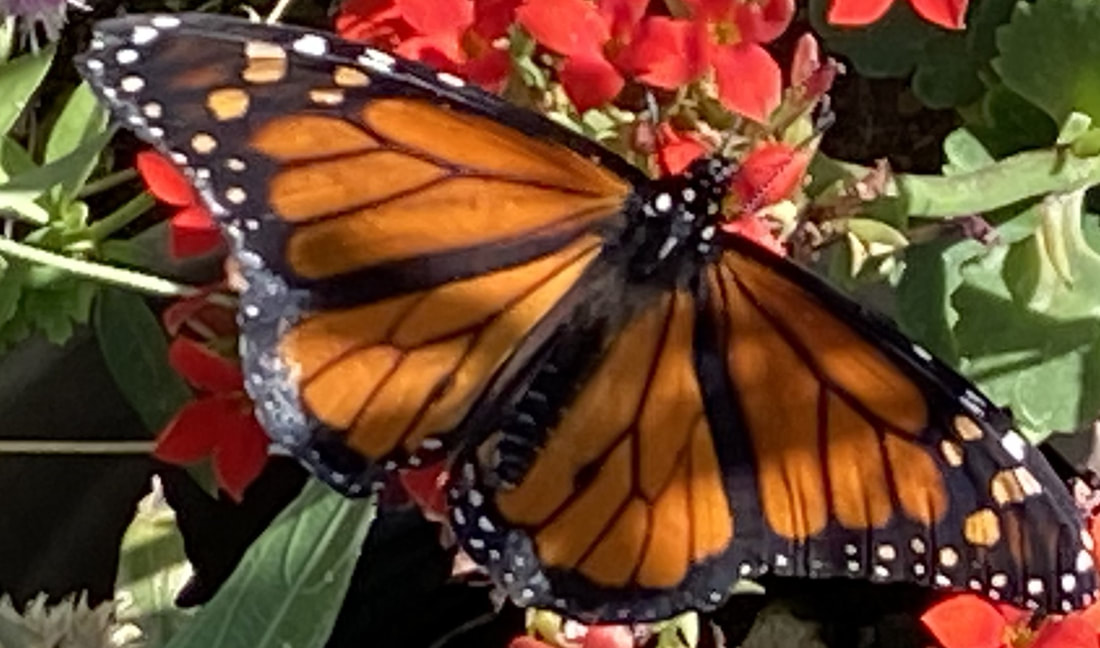
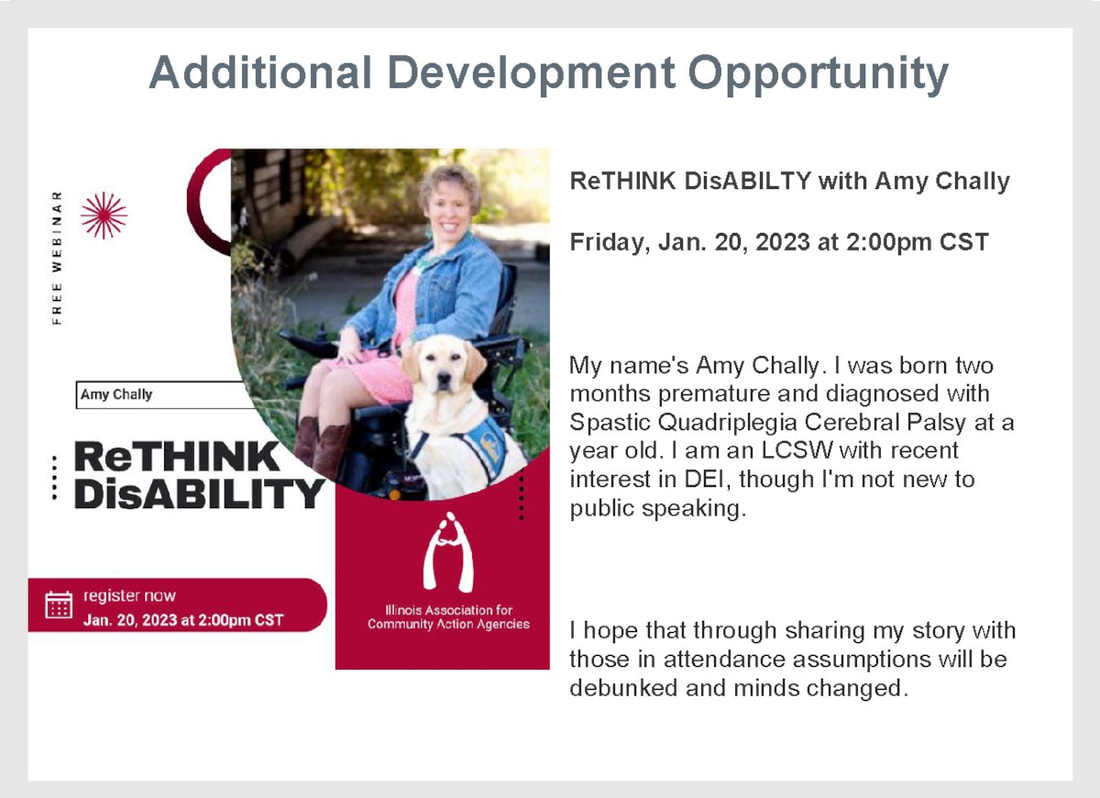
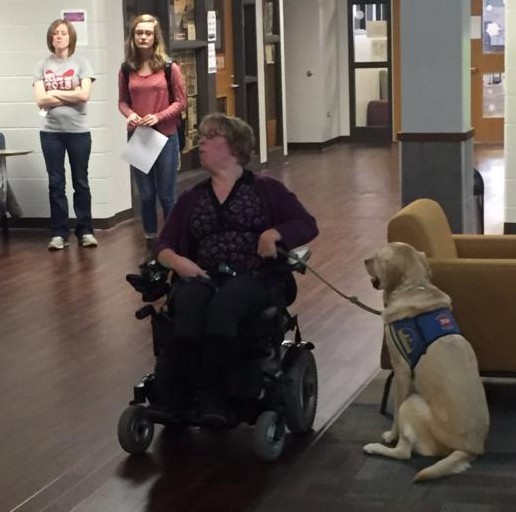
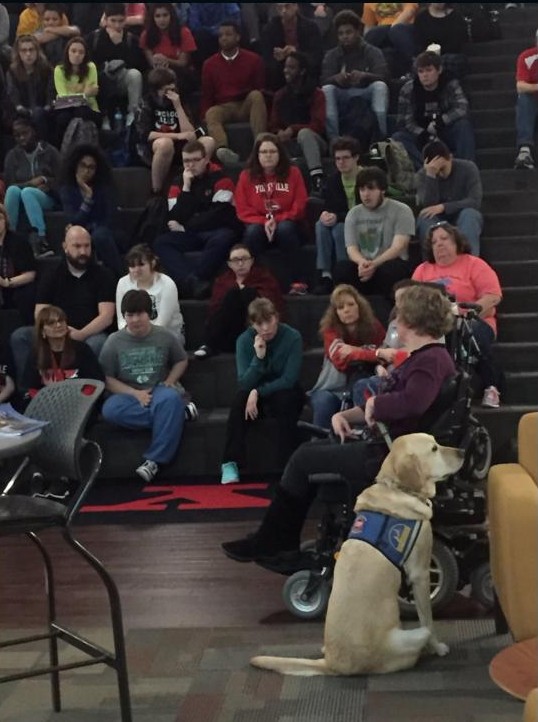
 RSS Feed
RSS Feed